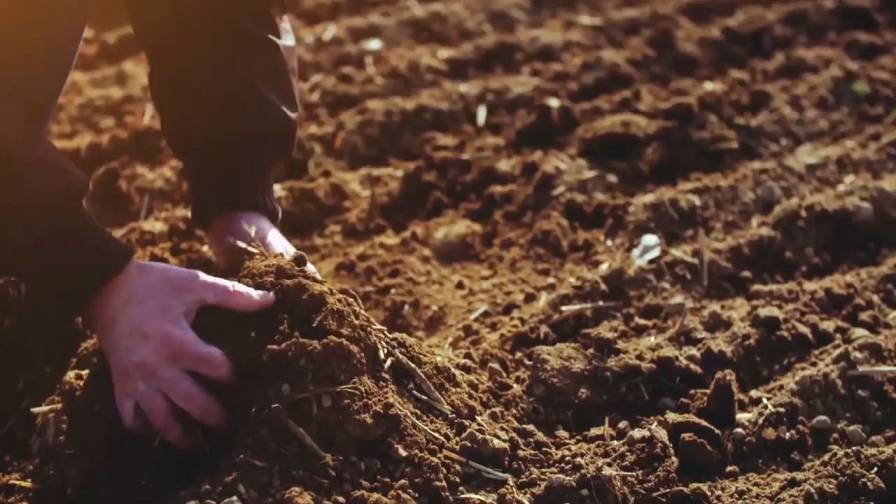$16 Million Grant Increases Crop Yields, Improves Sustainability & Profitability
$16 Million Grant Increases Crop Yields, Improves Sustainability & Profitability Agribusiness Global


Increasing Crop Yields and Improving Soil and Watershed Health

Introduction
Increasing crop yields while improving soil and watershed health requires understanding how agriculture management interacts with local environmental conditions. To date, this research remains fragmented and limited in scope. To tackle these knowledge gaps and improve precision agriculture, the Foundation for Food & Agriculture Research (FFAR) is awarding a $7,657,633 grant to Kansas State University (K-State). Funding will support an expansive study across the U.S. Corn Belt and Great Plains exploring how crop, soil and water management affect the soil microbial communities that drive agroecosystem functions.
Partnerships and Funding
Bayer Crop Science provided $4,601,244 in matching funds, and Iowa State University, K-State, LandScan, LI-COR, Mississippi State University, The Ohio State University and The University of Kansas also provided funds for a total investment of $16,362,948.
Research Objectives
Led by Dr. Dorivar Ruiz Diaz, professor of Soil Fertility and Nutrient Management, and Dr. Brian Olson, professor and head of Western Kansas Research Extension Centers, both at K-State, and Dr. Sotirios Archontoulis, professor of Integrated Cropping Systems Lab at Iowa State University, the project is implementing field research across a wide range of environments while measuring indicators of cropping systems’ performance and sustainability. Over an initial five-year period, this project will investigate how combinations of cover crops, nitrogen, crop rotation and tillage, and water management under variable soil water conditions influence soil microbial communities that drive nutrient availability and loss. Because past projects often have been constrained by short-term support, the matching funders committed to extending the project for five years beyond the grant period to strengthen our understanding of plant genetics, environmental conditions and agriculture management interactions across space, time and changing climate conditions.
Impact and Importance
“This project will generate much-needed knowledge on the synergies and trade-offs of multi-level management factors improving agricultural productivity with conservation management across soils and environments, including water, nutrient cycling, soil carbon and soil health,” said Ruiz Diaz.
In addition to improving outcomes from current soil health management practices, understanding the links between crop yields, soil properties and soil water content is crucial to informing agricultural water management, which is essential to ensuring food security and reducing environmental impacts.
Conclusion
“With climate change, there is an urgent need to unravel the interactions between genetics, environmental conditions and agriculture management if we want to produce more while preserving the environment,” said Dr. Kathleen Boomer, FFAR scientific program director. “This integrated field research and modeling effort will provide insights critical to improving field operations and sustaining vibrant agroecosystems across diverse landscapes.”
“Today’s announcement represents a very important step in continuing the growth of Regenerative Ag Technology and Innovation,” said Leo Bastos, senior vice president of Global Ecosystems at Bayer Crop Science. “We’re very pleased to welcome Kansas State as a partner. Their commitment to supporting education and sustainability will expand our capacity to provide customers with sustainable long-term on-field and off-field solutions.”

Join us, as fellow seekers of change, on a transformative journey at https://sdgtalks.ai/welcome, where you can become a member and actively contribute to shaping a brighter future.







